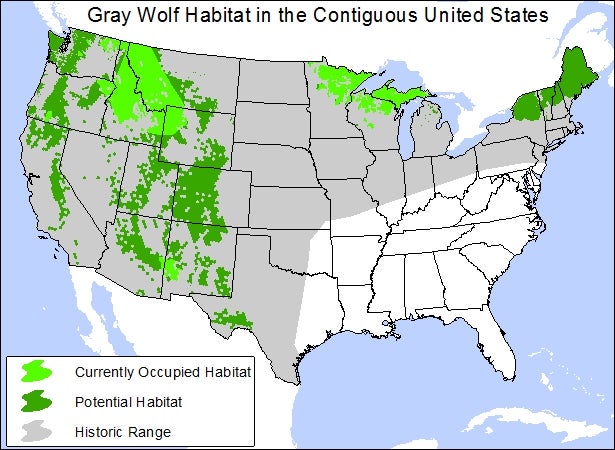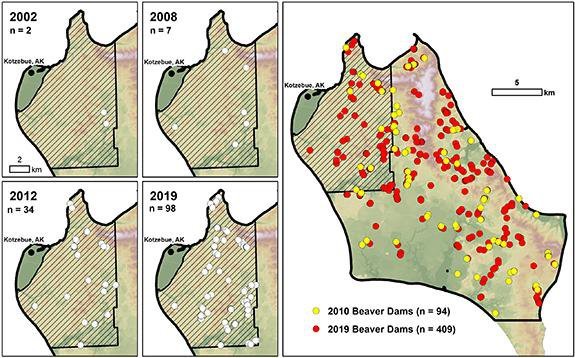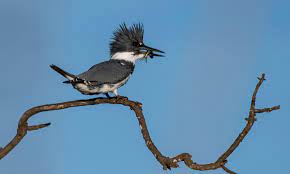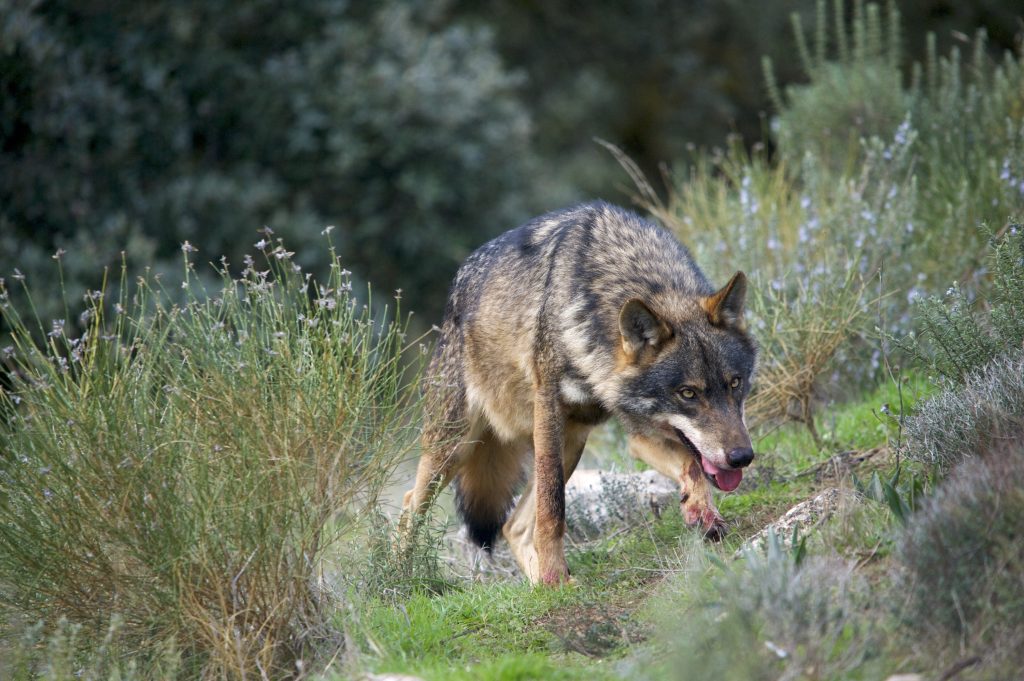From arranged marriages to informal dates, for millennia parents have often been involved in arranging their offsprings spouses.
It would appear that in the Bonobo world, things work in a similar way. Bonobos are a female dominated world. In Chimpanzees and Gorillas, generally it is the male who decides to mate, and forces himself on the female. It is certainly more complicated than this, partly because the males with the strength to do this are often the largest and therefore the most wanted anyway. Yet in Bonobos it works differently.
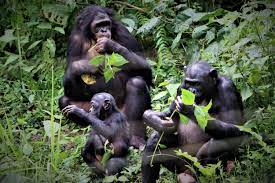
A significant amount of time is spent by Bonobo mothers, shepherding their male offspring to groups of suitable females and then standing guard to avoid there being any interruptions. Quite rightly, if this sort of behaviour was to be seen in humans, it would often be considered tantamount to rape. What you must remember, is that in Bonobos society mating is as casual as shaking hands is to humans. Far from the females disliking this behaviour it is accepted.
As a result of this, male bonobos who live with their mother tend to have far more offspring. While in bonobo society, the group is dominated by females, the lower ranks appear to be more fairly balanced. As a result, many mothers are high in the ranking, allowing them to give their sons a leg up.
To check this hypothesis, a group of chimpanzees in Tanzania was also watched, along with a group in Uganda and the Ivory coast. mothers in both species help their sons in fights, but only the bonobos had an increased chance to mate. Given the male dominance in Chimpanzees, mothers can have less impact.

